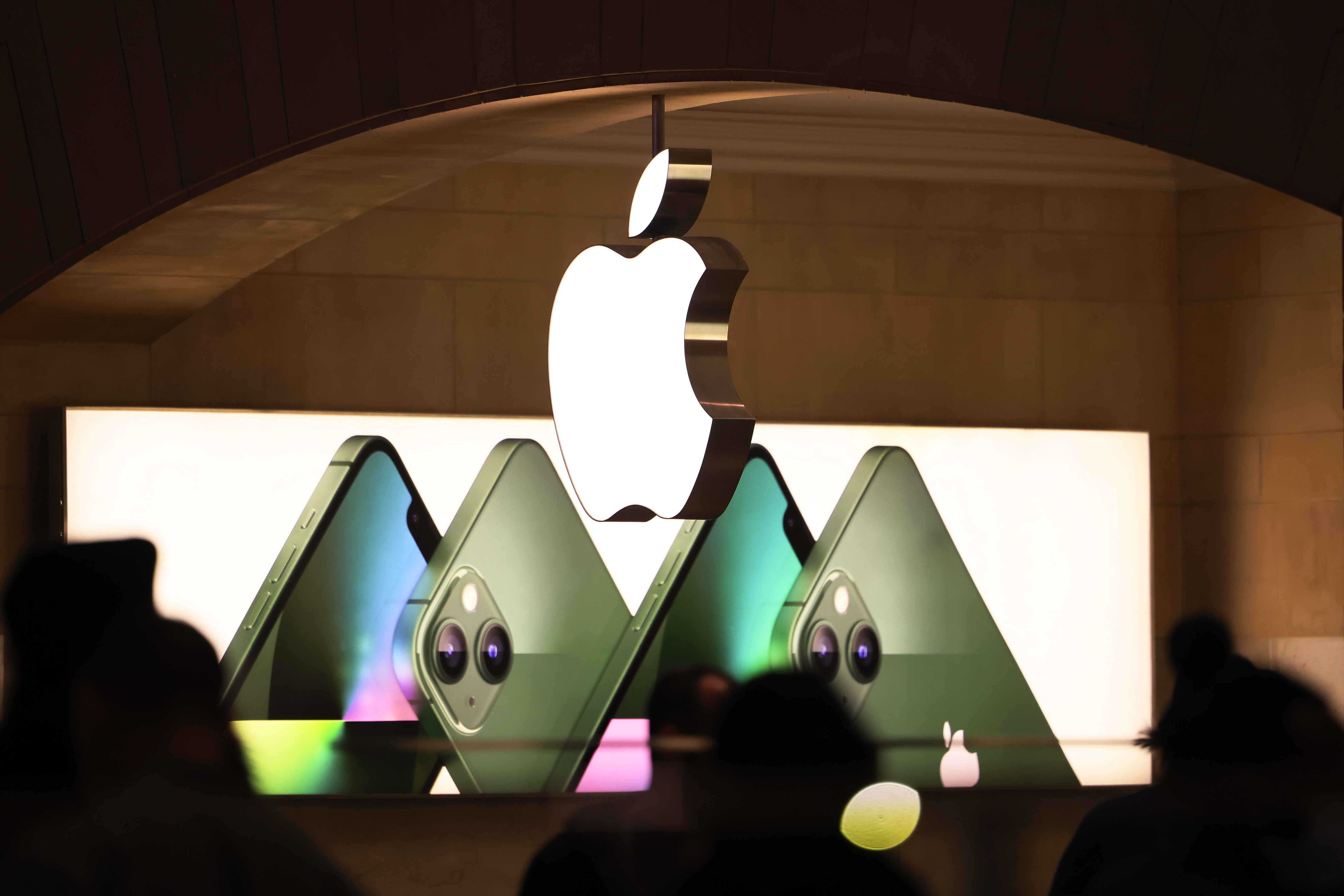
Very last 7 days the union symbolizing Apple shop workers at Atlanta’s Cumberland Shopping mall withdrew their ask for for an election scheduled on June 2, placing what would have been the first-at any time union vote for the tech retailer on maintain.
The Conversation Staff of The usa (CWA) cited issues about Covid protection in a assertion about the choice to withdraw the election ask for, and reported recurring violations of the National Labor Relations Act by Apple management “made a free and truthful election impossible.â€
Amid the alleged violations are so-named “captive audience†meetings—mandatory gatherings the place employers have the prospect to share their views on unionization and explore employees’ rights. The CWA filed a criticism on May possibly 17 with the Nationwide Labor Relations Board (NLRB) alleging Apple violated the law by holding such conferences. A quantity of other significant businesses dealing with union campaigns, together with Amazon and Starbucks, have reportedly engaged in equivalent strategies.
In reaction to a concern by CNBC about the union vote on May well 27, Apple only said, “We are fortunate to have extraordinary retail staff members and we deeply value everything they carry to Apple.†The business did not straight away answer to a request for remark from the Observer.
Whilst captive audience meetings are deemed lawful below many years of precedent, critics argue these conferences are a scare tactic to discourage staff from signing up for a union. Individuals complaints about the conferences are now currently being listened to by someone in a position to do some thing about it: The general counsel of the NLRB, a Biden administration appointee, has claimed she wishes to make the exercise illegal.
Why captive audience conferences are controversial
Businesses have been permitted to hold captive audience meetings since 1948, when the NLRB ruled that compelling employees to listen to anti-union speeches doesn’t violate federal labor law. Businesses ordinarily see captive viewers meetings as an possibility to “balance the scales†as soon as a union petition is submitted, says Thomas Payne, an legal professional with Indiana organization Barnes & Thornburg who has defended customers charged with unfair labor tactics ahead of the NLRB.
“It’s really just about data,†states Payne, including businesses ordinarily want to mail their own concept about why a union is not essential in the workplace. There are also limitations to how companies can send their information, and they are prohibited from creating statements that are threatening or coercive.
But some labor experts—and additional not long ago, NLRB standard counsel Jennifer Abruzzo—argue that captive audience meetings are inherently coercive. “We know that they have had the influence of intimidating personnel, and they are usually pretty significant-handed,†says Ellen Dichner, a lecturer at the City University of New York School of Labor and Urban Reports who served on the NLRB from 2013 to 2018. “It’s a quite superior-pressure tactic.â€
Can the Biden administration essentially ban them?
In a memo issued April 7, Abruzzo argued employers generally make threats towards staff members, irrespective of whether explicit or implied, by requiring them to go to conferences about unionization. She wrote that “this license to coerce is an anomaly in labor regulation,†and that she’ll urge the board to overturn precedent by obtaining this kind of mandatory conferences unlawful.
Even though Abruzzo has submitted a short in a circumstance that could overturn precedent regarding captive viewers meetings, a lengthy authorized battle is likely to ensue from there. Modifying the law by way of a monthly bill in Congress “would by considerably be the most effective route,†says Dichner, for the reason that it would not be issue to the interpretive whims of the NLRB, whose political leanings improve with various administrations. But though the Secure the Suitable to Organize Act—which would similarly ban captive viewers meetings—passed the Property final 12 months, it appears to be unlikely to go the closely divided Senate whenever quickly.
However, Abruzzo’s memo has altered the way some employers solution captive viewers conferences, Payne states. About the past month, he’s suggested employers not to make meetings about unionization obligatory to stay clear of any pushback from organizers.
In the meantime, the NLRB ruled last month that Amazon violated federal labor legislation by holding required anti-union meetings when personnel had been selecting irrespective of whether to unionize at a Staten Island warehouse—a signal that the board is playing shut awareness to these procedures. Amazon stopped creating similar conferences obligatory in advance of a 2nd union vote at a independent Staten Island warehouse.
“Even if they rule in her favor, there is heading to be a legal battle,†Payne states of Abruzzo’s memo. A problem filed by a enterprise that objects to her ruling could probably advance all the way to the federal court docket of appeals. “In the meantime, there are employers with union organizing drives that are heading to have to make a get in touch with.â€
If they engage in conferences presently considered unlawful by the NLRB’s basic counsel, that could imply businesses will deal with objections to union elections.
With the Atlanta election in limbo, the the Cumberland Apple personnel have said they will assist other Apple workers that are arranging. A union vote is scheduled for a individual Apple keep in Towson, Maryland on June 15, organized by the International Affiliation of Machinists and Aerospace Employees.
